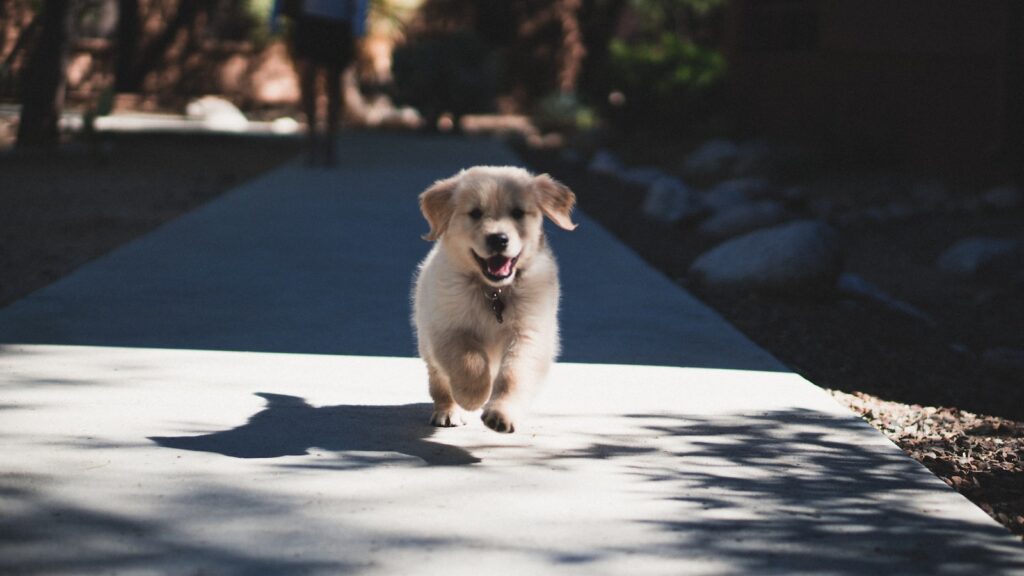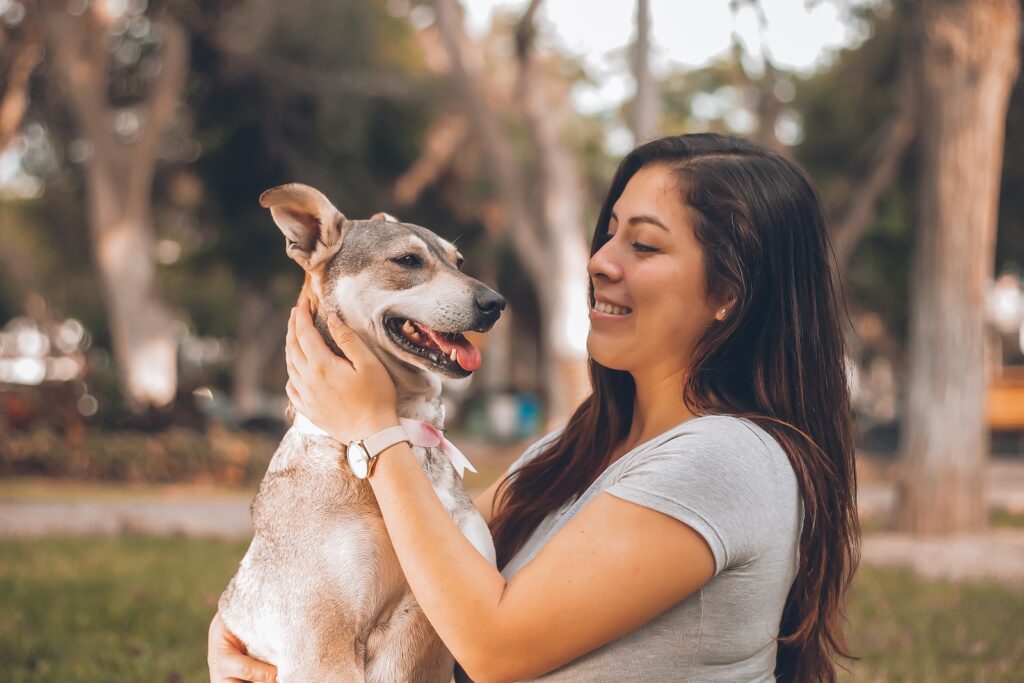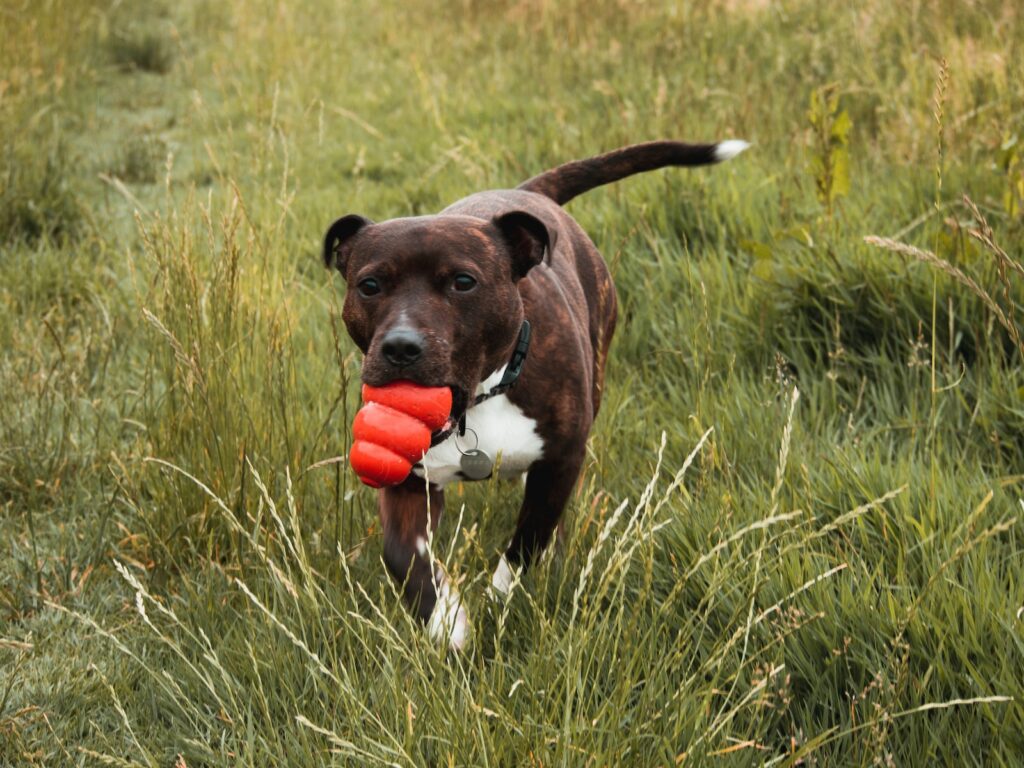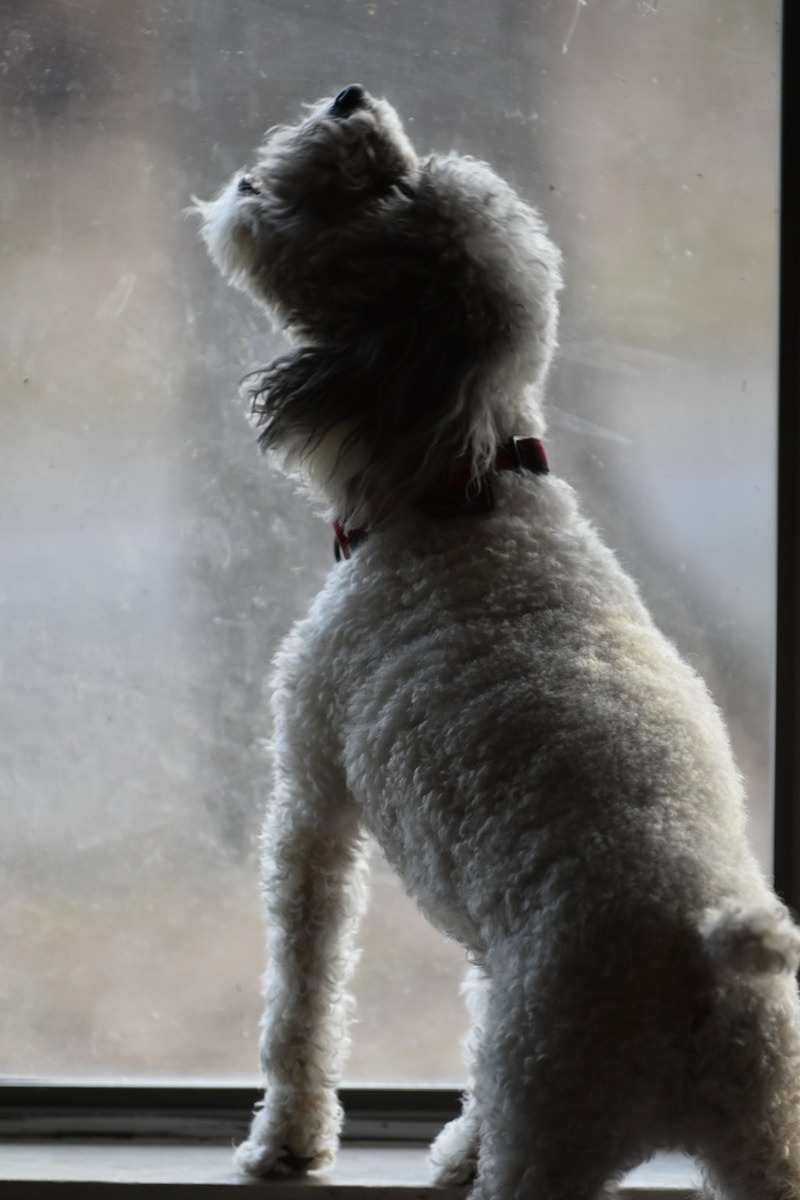Hey there, fellow dog lovers! We all adore our furry friends, but incessant barking can be a real challenge. Our readers often ask us with brevity ‘how to train my dog not to bark?’. In this blog post, we’ll dive into the art of training your dog not to bark excessively. Let’s embark on a quieter, more peaceful journey together!
Why Do Dogs Bark, and When Is It a Problem?
First things first, why do dogs bark? Barking is a dog’s natural way of communicating. They may bark to alert you, express excitement, or even to fend off perceived threats. Some barking is completely normal and expected, but excessive barking can be disruptive and, at times, a sign of an underlying issue.
Here are some common reasons for excessive barking:
Loneliness or Boredom:
Dogs may bark when they’re feeling lonely or bored, seeking attention or something to do.
Territorial Behavior:
Protecting their territory is an instinctual behavior. Dogs may bark at strangers or other animals entering their space.

Anxiety:
Dogs can bark when they’re anxious or stressed. Separation anxiety, in particular, can lead to excessive barking when they’re left alone.

The Bark Buster: How to Train My Dog Not to Bark
Identify the Trigger:
First things first, figure out what’s causing your dog to bark excessively. Is it boredom, fear, excitement, or maybe even a squirrel teasing them from the backyard? Understanding the trigger is essential.

Positive Distraction:
When your dog starts barking, distract them with a toy or a treat. Redirecting their focus can help break the barking cycle.

Use Commands:
Teach your pup a command like “quiet” or “enough.” Reward them when they stop barking after your command. This reinforces the behavior you want.

Socialization:
Sometimes, excessive barking is a result of anxiety or fear. Proper socialization with other dogs and humans can help build their confidence, reducing the need to bark.

Stay Calm and Consistent:
Dogs are quick to pick up on your emotions. If you get frustrated or angry when they bark, it can make the problem worse. Stay calm and consistent with your training.

Seek Professional Help When Learning ‘How to Train My Dog Not to Bark‘
If the excessive barking problem persists and proves challenging to tackle on your own, don’t hesitate to consult a professional dog trainer or behaviorist. They can provide tailored guidance to address the issue effectively.
By the way – If you’re embarking on a mission to make your pup the ultimate doggo superstar, you simply have to explore Adrienne Farricelli’s dog training program. Let me tell you, she’s one of the sweetest souls in the world of dog training. And her classes? Well, they’re like having your very own personal dog whisperer right at your beck and call. Adrienne’s approach is incredibly accessible (pun not intended), and she’ll lead you through the process to have your furry friend trained like a pro. So, if you’re searching for the ultimate, deep-dive guide to canine training success, don’t overlook what Adrienne’s got in store. Your pup will shower you with a million tail wags! 🐶❤️
In a nutshell, training your dog not to bark excessively is a process that demands patience, consistency, and understanding. Remember, your pup isn’t trying to annoy you but may need guidance and reassurance.
So here’s to a quieter, more harmonious life with your beloved four-legged friend! 🐕🤫


